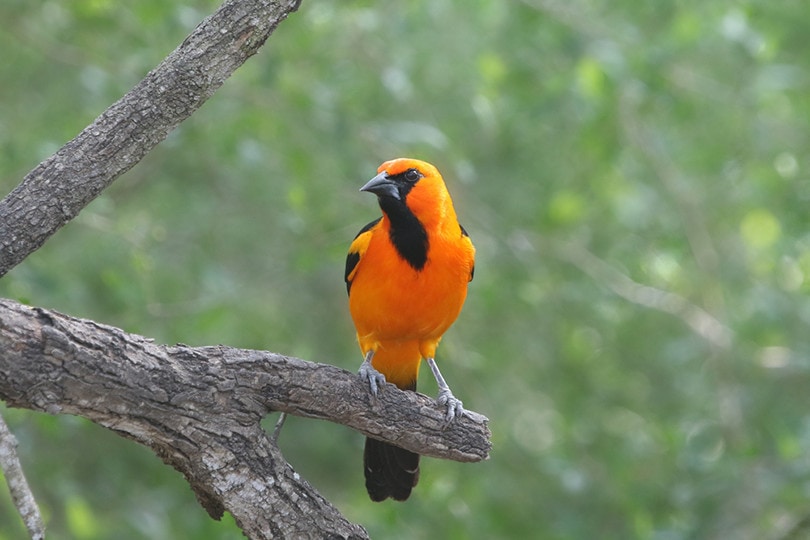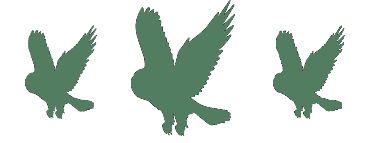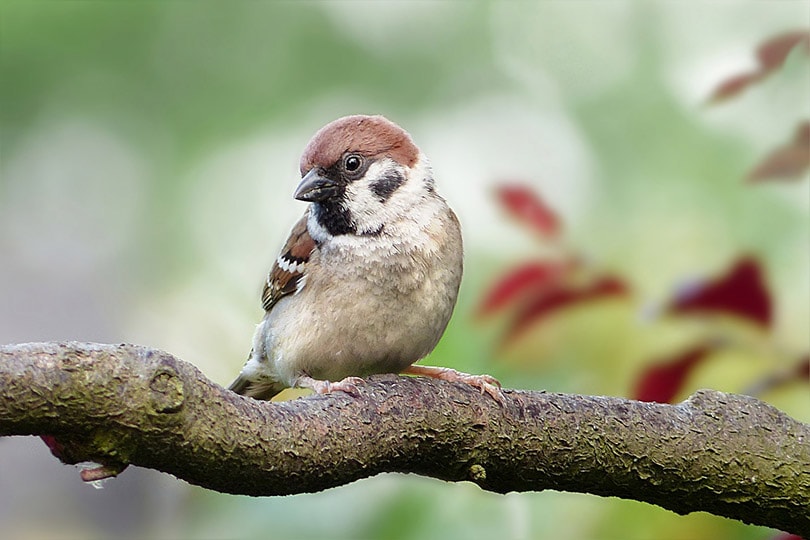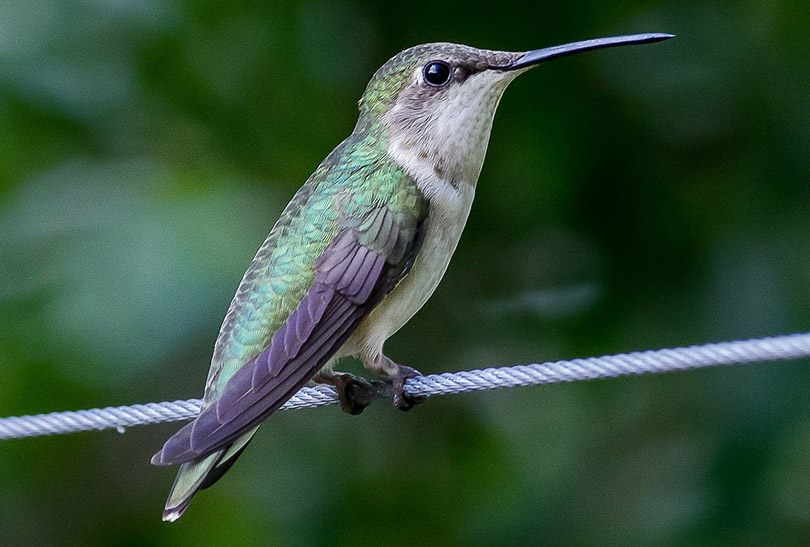Do Birds Cough & Sneeze? What The Science Tells Us
Last Updated on

Birds can have lung problems like mammals do, but that doesn’t mean they always express the same way. Sneezing and coughing (or noises like coughing) are common symptoms of health issues in birds, but you might not notice it right off. Many times, the bird equivalent of a cough or sneeze sounds more like a muffled chirp or squawk. That means that it’s important to pay attention to your bird’s calls so you can recognize anything that might be out of the ordinary. Sneezing or coughing can be a symptom of many different types of ailments in birds.

Causes of Coughing and Sneezing
There isn’t one cause of coughing or sneezing—instead, they can be symptoms of a variety of diseases1 and ailments. Environmental factors like secondhand smoke, dust, and aerosols are one common cause of sneezing and coughing. Allergies or sinus blocks can also cause these symptoms. The other common cause of sneezing and coughing is an illness. This includes many diseases, including fungal infections, bacterial infections like mycoplasma, cryptococcus candida, or chlamydiosis, and viral infections. These diseases might be minor or serious depending on the species and type of infection.

Preventing Coughing and Sneezing
To prevent your bird from getting a cough, build up a healthy environment and limit exposure to possible illnesses. Proper nutrition is key to keep your bird healthy. A common cause of coughs in birds is a vitamin A deficiency. This deficiency occurs when your bird’s diet relies on seeds too heavily and doesn’t have the variety it needs. Without vitamin A, the skin cells in your bird’s throat don’t develop properly, leaving them vulnerable.
It is also common that a poor environment exacerbates health issues. A cold or drafty environment and rapid temperature changes won’t cause coughing on its own, but it can weaken your bird’s immune system so that diseases are more serious. Other environmental factors, such as smoking or dust, can damage your bird’s lungs over time.
If you own multiple birds, precautions can minimize the chance of new birds bringing disease into your home. Buy or adopt new birds from reputable sources, and if possible, keep them separate from the rest of your birds for a few days or weeks while you monitor for signs of illness. If you see signs of illness in one bird, consider quarantining him until you diagnose the problem.

When to See an Avian Vet
Every bird coughs or sneezes occasionally, but that doesn’t mean it should be ignored. Coughing or sneezing is often the only sign of a serious disease at first, so it’s important to take it seriously. In general, persistent coughing that lasts for over a day is a reason to take your bird to the vet, as is repeated coughing or sneezing with discharge.

The Bottom Line
Yes, birds do sneeze and cough. Occasional sneezing and coughing are normal and usually triggered by environmental factors like dust in the air. However, sneezing and coughing in birds can be a sign of serious illness, so if your bird has a persistent cough, it’s best to get it looked at by an expert.
- Related Read: Do Birds Fart? The Answer May Surprise You!
Featured Image Credit: vagabond54, Pixabay
About the Author Chelsie Frasier
Chelsie is a freelance writer who is passionate about pets, animals and all things optical. She currently lives in rural Alberta, Canada with her husband and two sons, and is a pet parent to a Border Collie, four cats and four horses.
Related Articles:
What Is the Best Binocular Magnification for Hunting? Optical Features Explained
Can You Use Binoculars to Look At Stars? How to Choose the Right Pair
10 Types of Hummingbirds in Arkansas (With Pictures)
8 Types of Hummingbirds in Nebraska (With Pictures)
5 Types of Hummingbirds in Idaho (With Pictures)
3 Types of Hummingbirds in Mississippi (With Pictures)
8 Types of Hummingbirds in Kansas (With Pictures)
5 Types of Hummingbirds in West Virginia (With Pictures)
